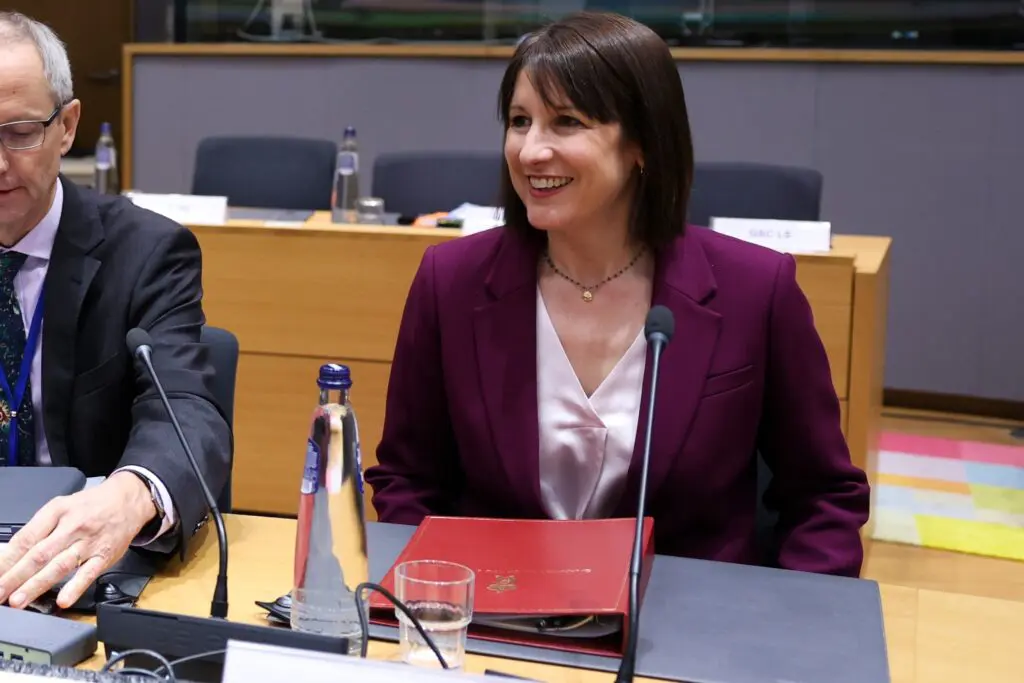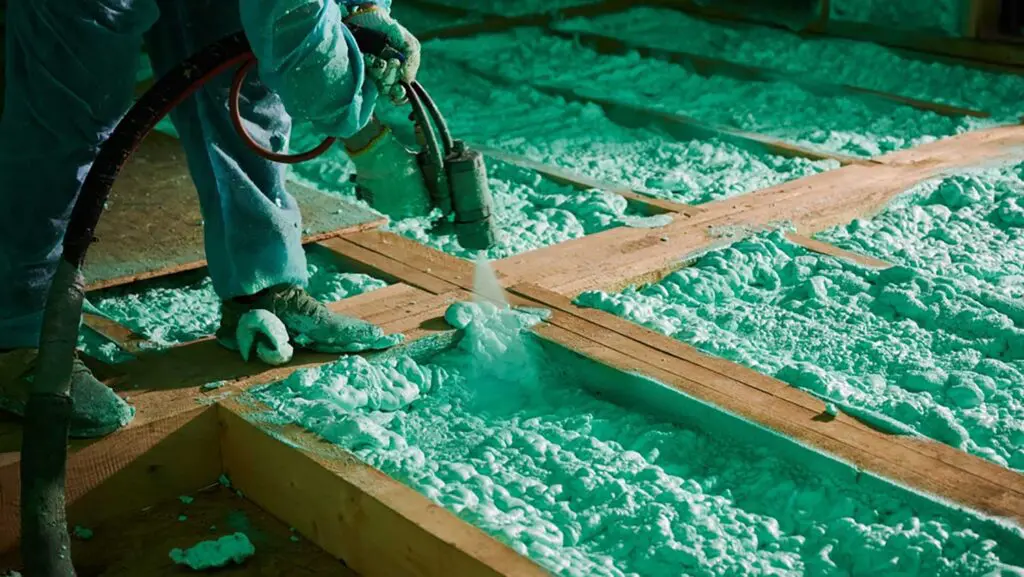Chancellor Rachel Reeves is facing a backlash over plans to overhaul landfill tax, with critics warning the move could add £24,000 or more to the cost of building a new home and risk making many projects unviable.
Under Treasury proposals, the lower landfill tax band – which currently applies to inert materials such as topsoil, chalk, rocks and clay – would be scrapped by 2030. At present, housebuilders pay £4.05 per tonne on such waste, compared with £126.15 per tonne for standard landfill.
The plan would introduce a flat rate for all waste, meaning builders would face a 36-fold increase on disposal costs for inert material.
Analysis by waste management firm Business Waste suggests the change would increase landfill costs per home from £690 to £24,820. The Mineral Products Association (MPA) estimates the figure could climb even higher, to £28,000 per home.
Industry leaders say the impact on already-stretched developers would be severe. Graham Matthews of Business Waste warned: “Builders may treat the increase as a permanent cost, which could ultimately be reflected in the prices paid by homebuyers.”
Rico Wojtulewicz, of the National Federation of Housebuilders, called the proposal “insane”, saying: “Builders are just going to be leaving the industry entirely because they can’t make the numbers work. Fewer homes will get built, which means high demand and lower supply – and that causes house prices to rise. It could be a complete and utter development killer.”
Mark Russell of the MPA added that applying the higher rate to inert materials such as chalk, clay and soil “is as damaging as it is absurd” and risks “shutting down” much of the aggregates sector.
The concerns are not limited to housebuilding. Critics say major infrastructure projects could also be hit. For example, one proposed 619-home scheme including a school could see its landfill bill jump from £135,448 to £4.2 million under the new rules.
The government argues the reform would reduce waste crime – which cost the Treasury an estimated £100 million in 2022-23 – and drive innovation in recycling, with soils and rocks potentially reused rather than dumped.
Landfill tax was first introduced in 1996 to encourage recycling, but ministers say the lower rate is being abused by rogue operators.
Defending the proposals, a Treasury spokesperson said: “We are delivering the biggest boost to social and affordable housing in a generation backed by £39 billion investment and planning reforms, driving UK housebuilding to its highest level in over 40 years as part of our Plan for Change to build 1.5 million new homes and end the housing crisis.
“No decisions have been made on changes to landfill tax, and we remain committed to working with businesses to understand the impact of the proposals.”
With Labour promising to deliver 300,000 new homes a year, the controversy highlights the tension between environmental policy and housing affordability. Developers warn that unless landfill costs are kept under control, the Chancellor’s ambition risks being undermined by what they see as a prohibitive tax burden.





